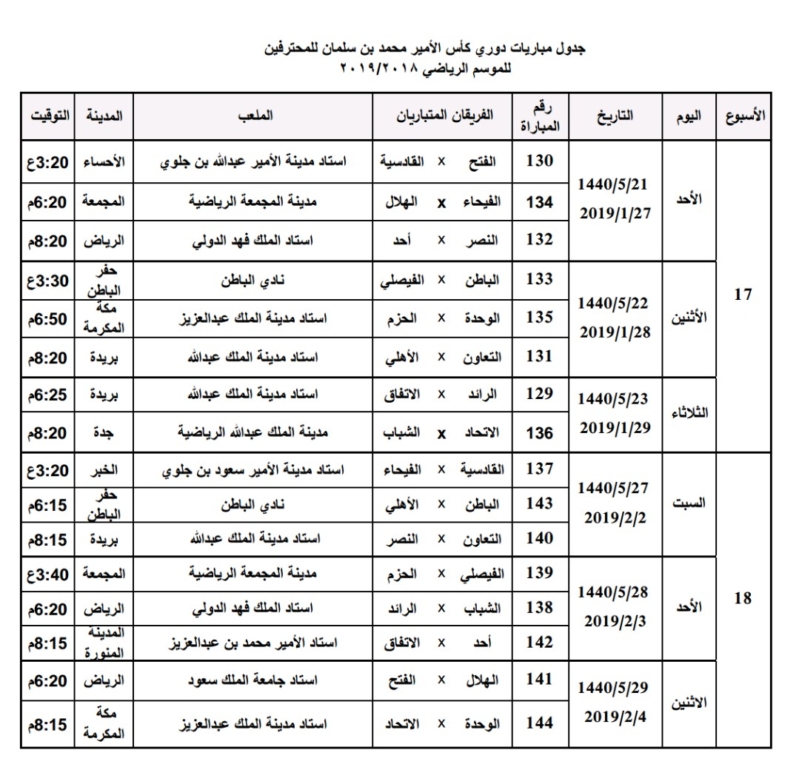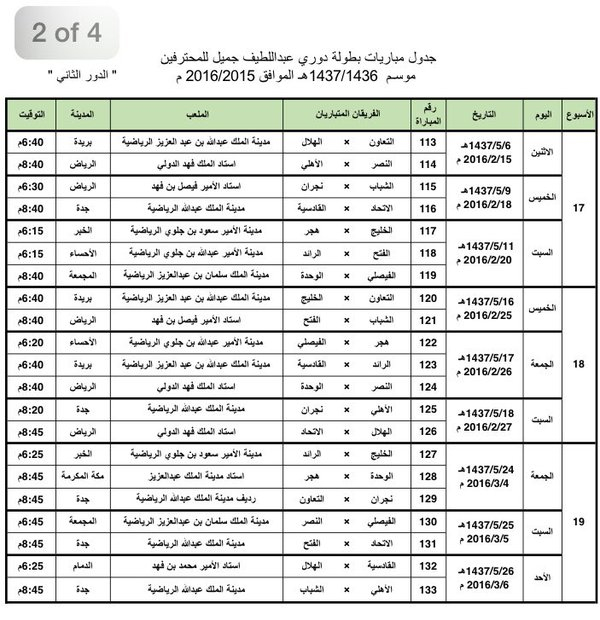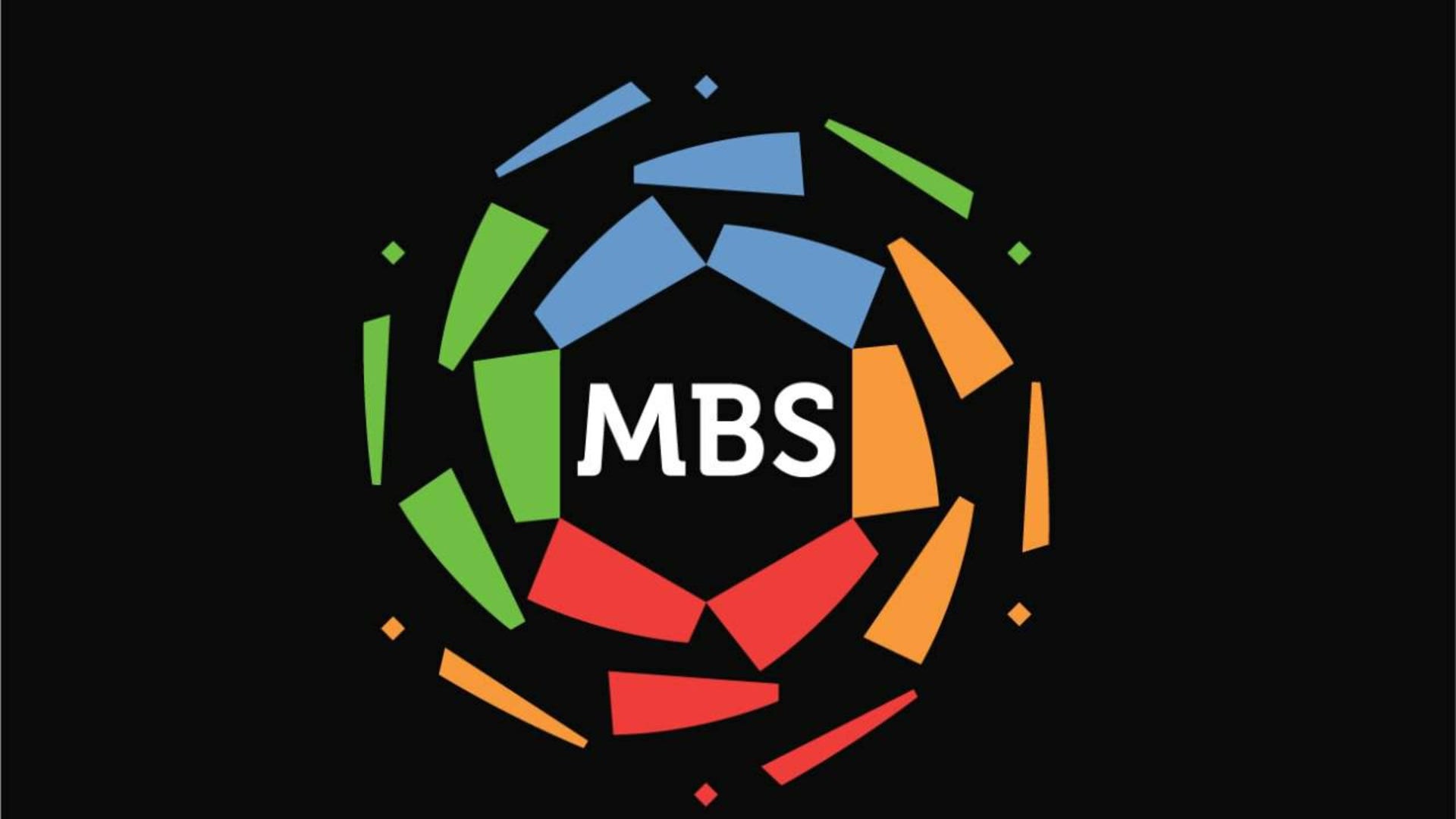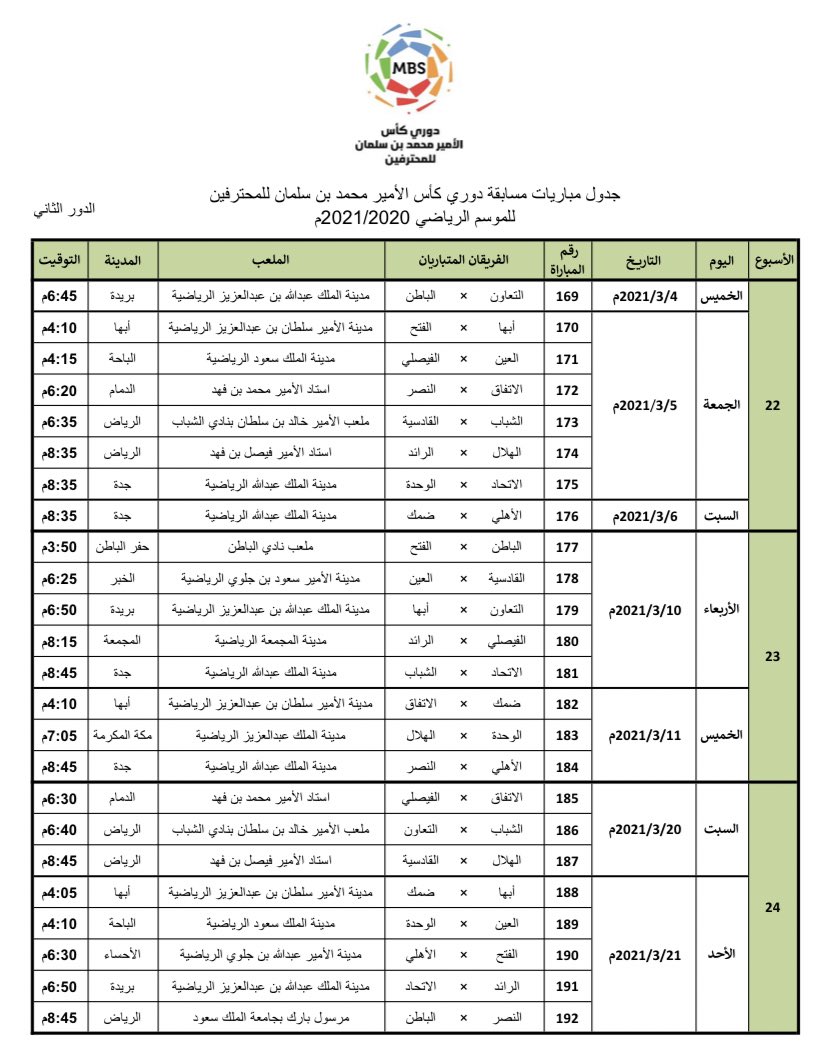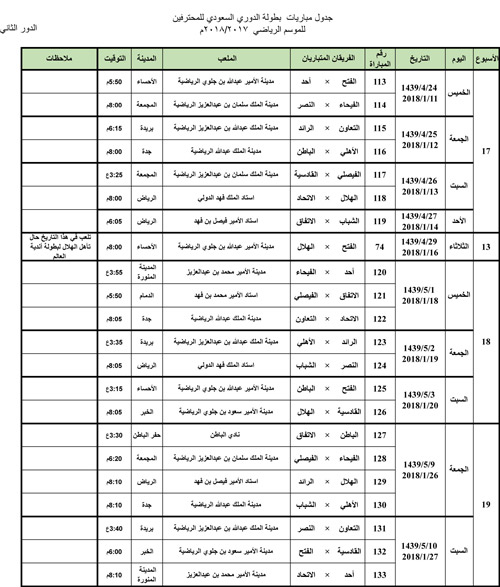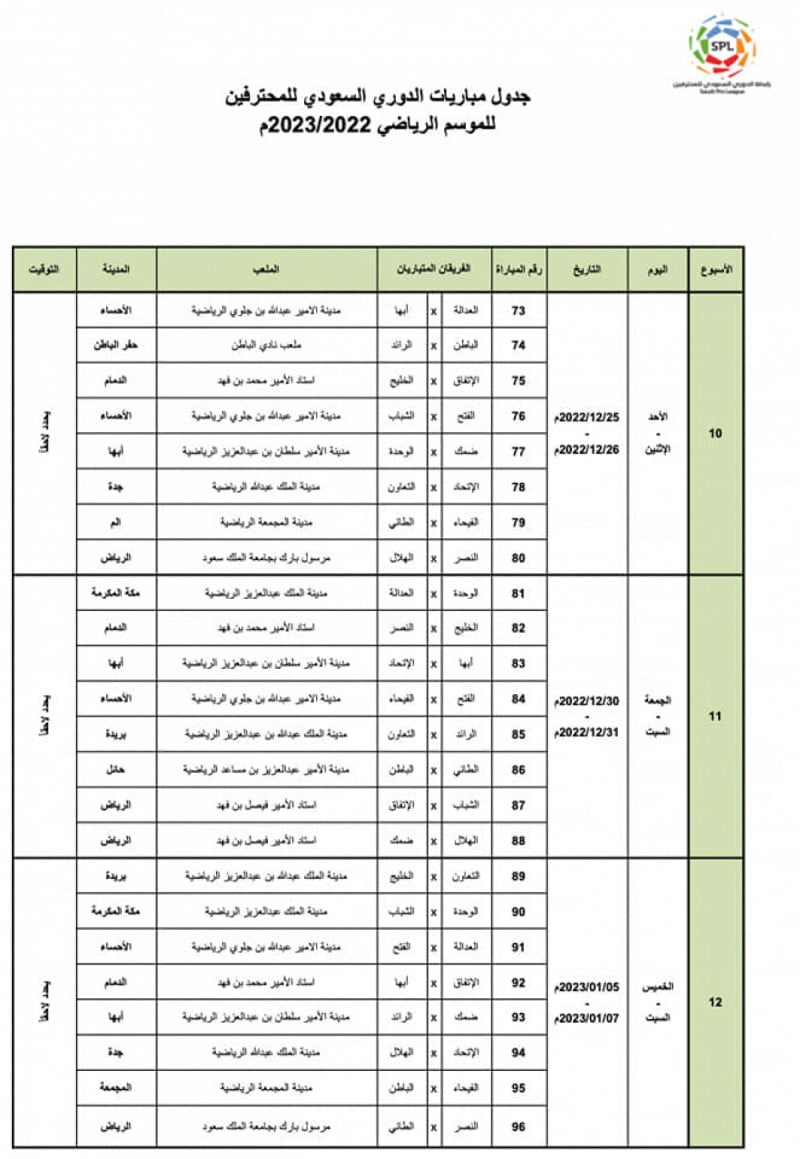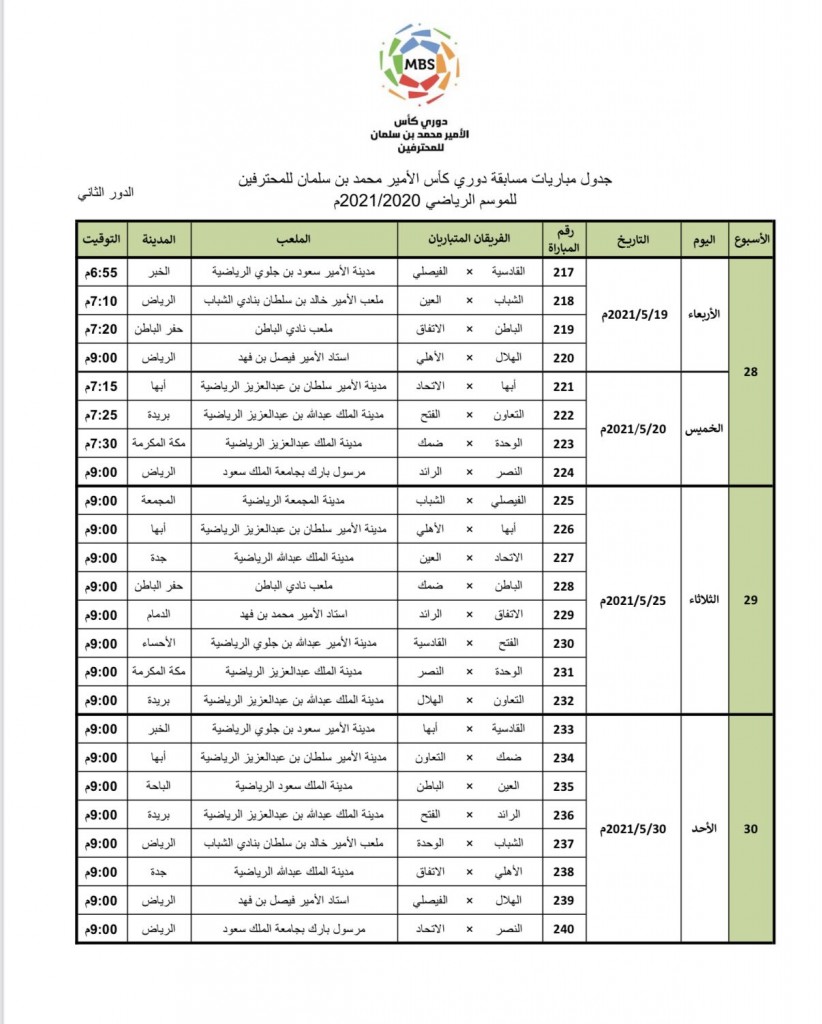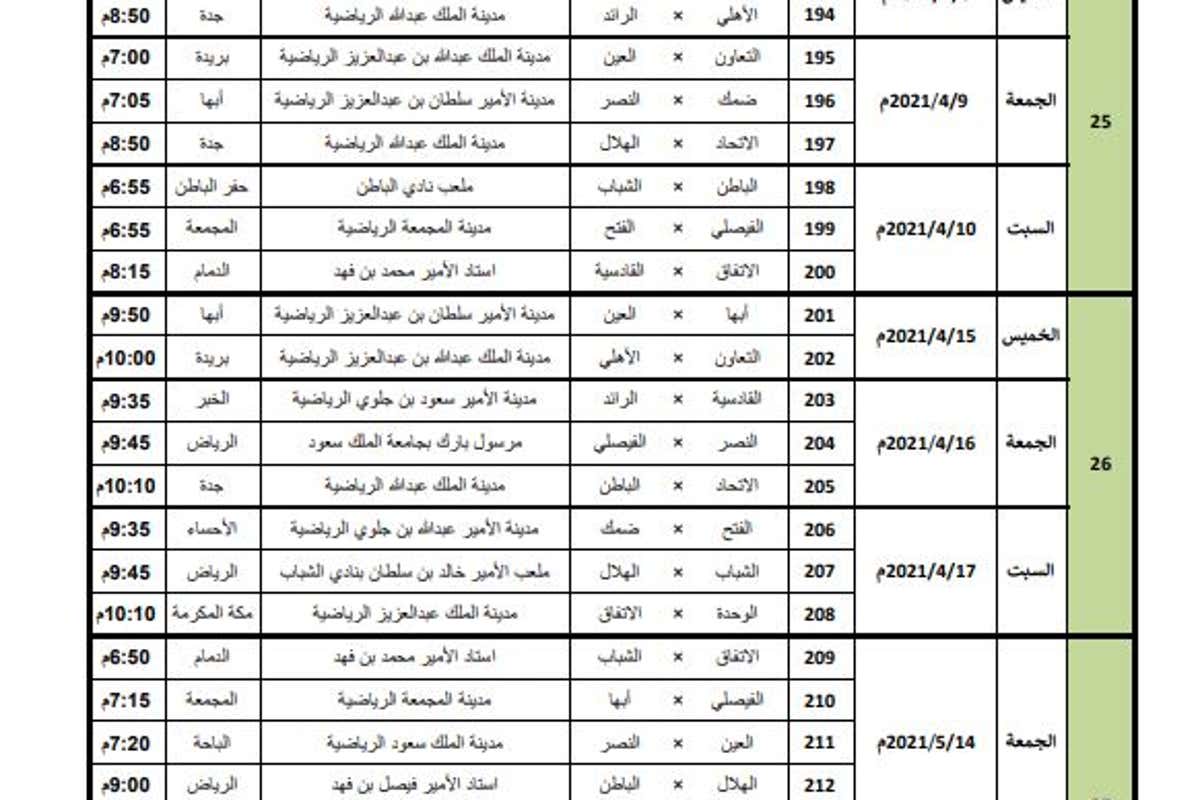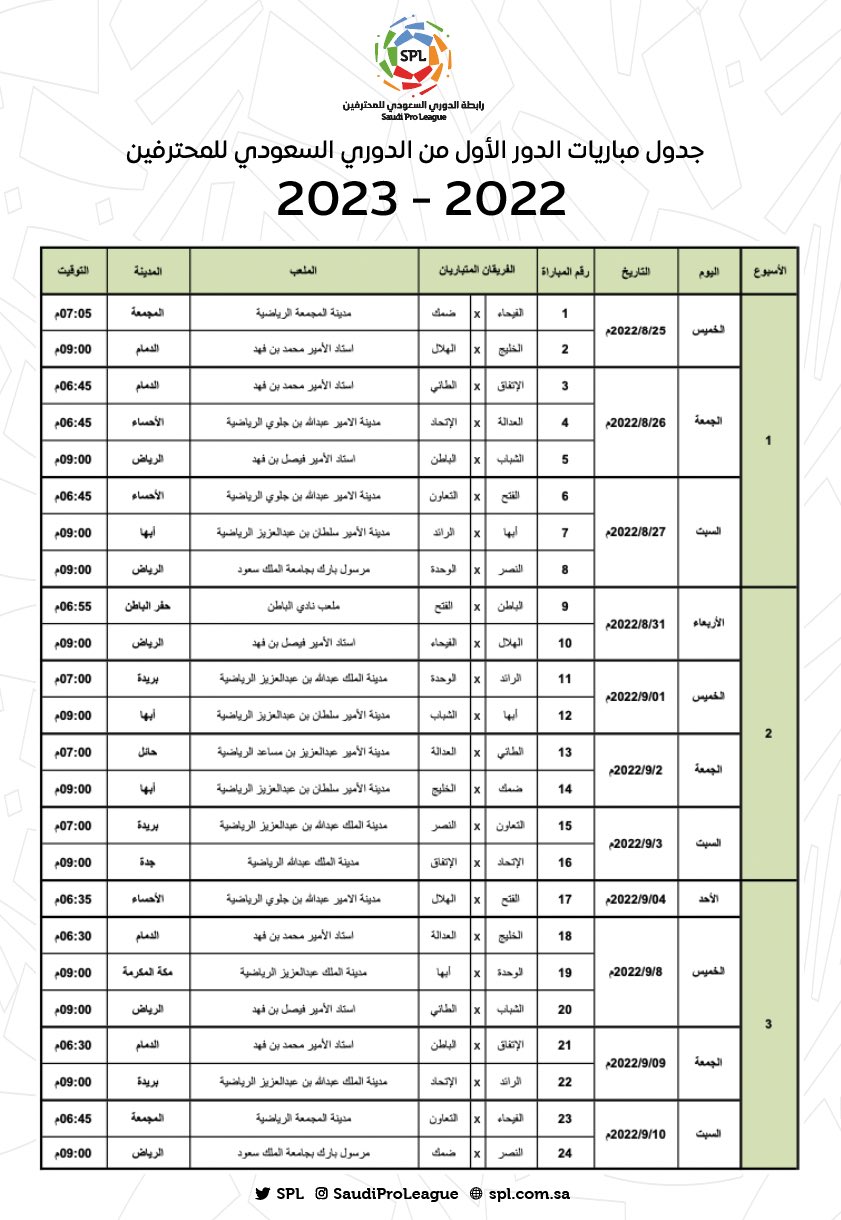
دوري روشن السعودي on Twitter: "⚽️ جدول مباريات الدوري السعودي للمحترفين من الجولة الأولى إلى الجولة التاسعة 🔽 https://t.co/V3oapexWOg" / Twitter

جدول مباريات الدور الأول من الدوري السعودي | موقع المواطن الالكتروني للأخبار السعودية والخليجية والدولية

Absorber Respetuoso del medio ambiente Fábula جدول مباريات الدوري السعودي 2018 الدور الثاني Matar traidor nacido

Absorber Respetuoso del medio ambiente Fábula جدول مباريات الدوري السعودي 2018 الدور الثاني Matar traidor nacido
